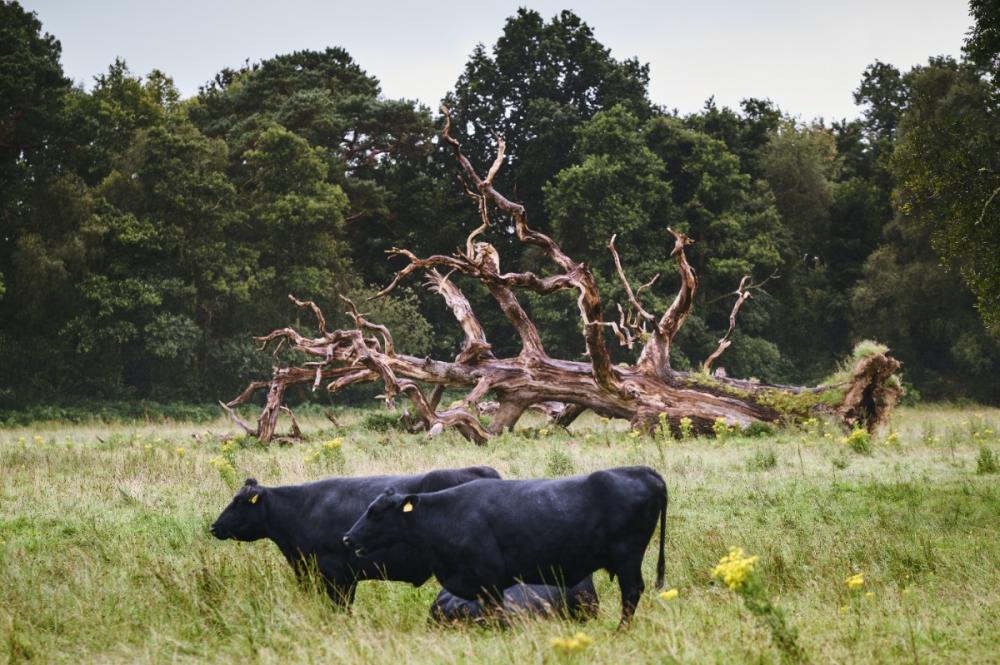search
date/time
 | Yorkshire Times A Voice of the Free Press |

Steve Whitaker
Features Writer
@stevewhitaker1.bsky.social
P.ublished 30th December 2023
arts
Book Review Round-Up: 2023
.jpg)
Image by izoca from Pixabay
Each book of the ten I have chosen has been selected, not because it is in any way superior to the treasure trove of its peers, but because it has a unique tale to tell. And for this reason, I make no comparative judgment: the order in which they are presented here is neither chronological, nor intended to be a scoreboard.
1/ Ian Beesley – Life: A Retrospective (Bluecoat Press)
Ian Beesley’s wonderful book of, mostly, monochrome images of the North, of its people and places, is the record of both a life in photography and a landscape in transition. Simple but telling, an eloquent capturing of moments or monuments in the lives of its denizens and post-industrial architecture, the book, with the help of some profoundly fitting poetic ‘commentary’ from Ian McMillan, is affecting, instructive and incomparably beautiful.
2/ Rural: The Lives of the Working Class Countryside by Rebecca Smith (William Collins)
Rebecca Smith would recognise the plaintive cadences of Ian Beesley’s photographic elegy. Taking as her theme a volte face, an examination of the lives of the non-urban working classes, Smith’s narrative journey is a breathtaking freewheel across time and region, compassing historical iniquity, hardship and the circumstances of her own experience. Yielding a thorough, entertaining and hugely persuasive dissection of struggle and cultural inheritance, Rural is a documentary tour-de-force.
3/ Azúcar by Nii Ayikwei Parkes (Peepal Tree Press)
If the clock’s hands point almost to midnight, it is well that we have Nii Parkes for company, for his novel, set on a Caribbean island that bears a strong resemblance to Cuba, and informed by cultures as hybrid as Hispanic, American and West African, is a beacon of unexpected hope. The melting pot of ‘Fumaz’ throws off the shackles of slavery and corruption in a union of disorder that somehow works in despite. Wearing celebration lightly, Azúcar is a polychromatic triumph of song, dance… and rum.
4/ A Change in the Air by Jane Clarke (Bloodaxe Books)

Photo by Valerie on Unsplash
5/ Pure Cosmos Club by Matthew Binder (Stalking Horse Press)
US novelist Matthew Binder’s métier is satire, a commentary on the lunatic human condition rendered in a fictional American dystopia whose signifiers are reified variations of ones we see emerging in our own world. Holding up a distorted mirror to the dangers of solipsism, to the extremities of new-age religion, to corporate greed and to populism, Binder takes a cold scalpel to our most febrile excesses.
6/ Whatever You Do, Just Don’t by Matthew Stewart (Happenstance Press)
In the spirit of one who is confounded by the shitty vagaries of modern Britain, by its insularity and by its tendency to one-dimensional, doctrinaire stupidity, Matthew Stewart’s poems find respite in the backward glance, in elegy, love and football. Viewed from the twin perspectives of Extramadura, and the English Home Counties, Whatever You Do, Just Don’t is as warming, and as compelling as the fine Spanish wine that Stewart blends, and occasionally describes.
7/ I Wanted to be Close to You by Katie Oliver (Fly on the Wall Press)
Teeming with uncontrolled organic life, Katie Oliver’s short stories effect a kind of reckoning on human complacency and abuse. Amounting almost to a collective ecological fable, Oliver’s tales actuate the otherwise inert, give anthropomorphic life to an insensate natural world to create a Wyndham-esque tableau of correction, and to restore a sense of Gaia. Rendered steroidally and drawn with utter conviction, Oliver’s images are as persuasive as they are sometimes playful.
8/ Are You Judging Me Yet? by Kim Moore (Seren Books)
Kim Moore’s collection of poems, reflections and academic meditations is the embodiment of an interrogative personal journey. Astute, frank and profoundly affecting, the poet’s engagement with the kind of complacent sexism that remains an institutionalised part of the fabric of our culture, is formulated on personal experience and is distilled through poems which give her theme a necessary urgency.
9/ Tormentil by Ian Humphreys (Nine Arches Press)
Ian Humphreys finds a retreat from pent-up anxieties and a sense of displacement in the wild uplands of West Yorkshire in his new poetry collection. Coming to terms with cultural attitudes towards people of mixed racial origins, and enduring homophobia, Humphreys’ poems are astonishingly colourful, metaphorically acute and highly persuasive as to the forging of bonds in despite. The titular ‘tormentil’ is a fitting symbol of the poet’s refusal to accede: a hardy, resistless plant, it is found on the moors above Humphreys’ home in Hebden Bridge.
10/ Yorkshire : A Literary Landscape (Macmillan Collectors Library)
Film historian and writer David Stuart Davies’ curatorship of this fine, honest and thorough anthology of Yorkshire literary history is vindicated by painstaking research. Rightly unearthing less-than-household names alongside the luminaries (Dorothy Una Ratcliffe, anyone?), the editor is also an engaging wit, whose preface to each of his subjects is genuinely instructive and entertaining.
A happy new year to all of our readers !
Also by Steve Whitaker...
Poem Of The Week: Ground Gives By Ian DuhigBook Review: A Cool Head In Hell - Harry SilmanPoem of the Week: And Then the Sun Broke Through By David ButlerWays of Seeing: Katharine Holmes And Three Generations Of Dales ArtistsPoem Of The Week: Last Christmas Cracker By Steven Matthews